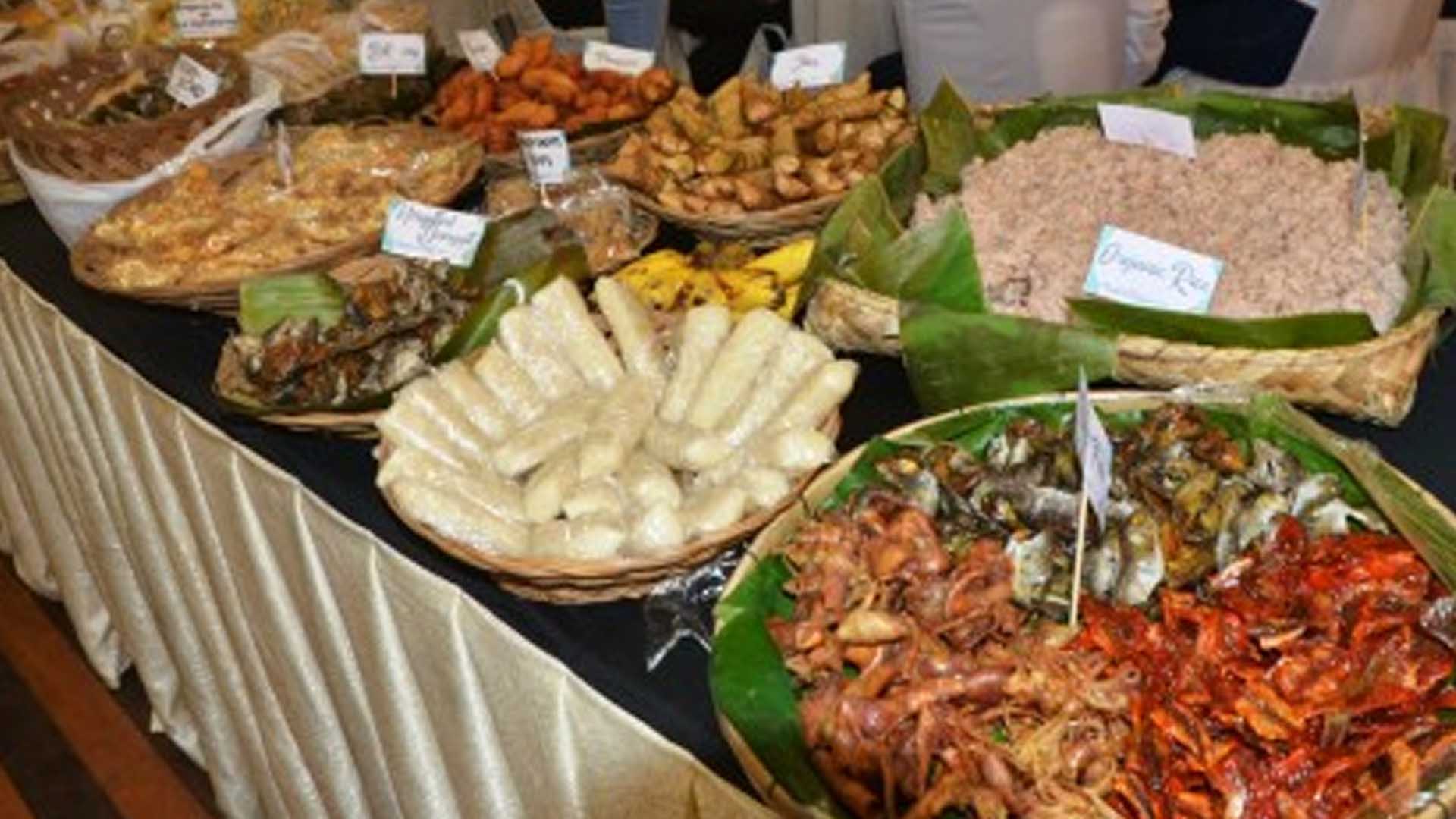The chairperson of the House Committee on Economic Affairs highlighted the role of food waste reduction in spurring economic growth and improving agricultural production.
Citing the recently published 2019 State of Food and Agriculture Report by the Food and Agriculture Organization, AAMBIS-OWA Party-list Rep. Sharon Garin underscored that Congress must create an enabling environment for private actors that will encourage them to invest in the effective implementation of food waste management and reduction.
Garin said public-private partnership investments are vital to reduce food loss and waste as she pushed for the immediate passage of House Bill 3370, which aims to reduce the country’s food waste through donations and waste recycling.
The bill calls for the mandatory donation of edible food surplus for charitable purposes and the creation of food banks.
“Upon its enactment, owners of covered establishments such as restaurants, cafes, diners, fast food chains, or hotels; supermarkets with at least 500 square meters of selling space; and culinary schools will be required to segregate their edible and inedible food surplus,” Garin said.
“The food surplus shall then undergo inspection of the LGU (local government unit) based on the standards to be set by the NNC (National Nutrition Council) and FDA (Food and Drug Administration). Only upon the certification of edible food surplus can it be donated to accredited food banks and distributed among food-insecure Filipinos,” Garin added.
The bill also seeks to create a system that will effectively address the problem of food wastage in the country through a proposed education-information-communication campaign, with a comprehensive, multi-sectoral approach.
“We remain optimistic that provisions that can help bolster economic growth can still be added to this bill,” she added.
Garin said the proposal is in line with numbers 2 and 12 of the Sustainable Development Goals (SDGs), which aim to eliminate hunger and foster responsible consumption and production, respectively. (PNA)





















